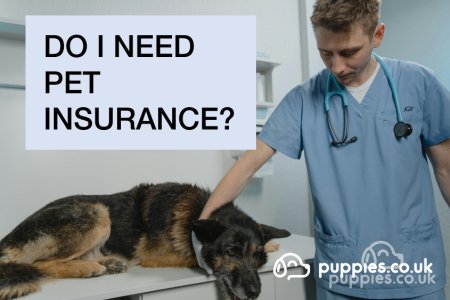When Should I Take My Puppy To The Vet?

Share on:
Don’t wait until something goes wrong to introduce your new puppy to the vet. Make an appointment in advance so you can take him to your local surgery for a preventative health check. The staff will be delighted to meet him and pass on important information about worming, teething and other equally vital tips.
The best way to choose a vet is by recommendation. Ask around, other dog owners in the area are sure to have a point of view. A good practice should be able to do more than look after your puppy’s health. It is often a point of contact for training schools and will hold puppy parties where your new pet gets the chance to meet other dogs.
What’s on offer depends in part on the size of practice. All will be able to cope with routine treatments including operations. However, more complex procedures and intensive care wards are sometimes only available in larger practices and specialist referral centres.
Check in with the surgeries on your short list to see which you feel happiest with. While most split their days between consultations and surgery hours, these vary. Emergency out-of-hour care is vital, so make sure you know how this works.
During your first visit, the vet will give your puppy a thorough physical examination, checking for a number of things including worm infestation. A vaccination schedule in line with that already set up by the breeder should also be provided.
Regular preventative check-ups will pick up potential problems early. The vet will look at your puppy’s eyes, ears and mouth. Check his tummy, as well as listening to the heart and lungs. They will also be vigilant for lumps and bumps on the body, together with a good look at the pads and nails. Nails may well need a trim. A look at the bottom area should reveal a clean dry area free from lumps. Your puppy’s coat will also be inspected to make sure the skin is free from flakes, odour or any other abnormalities. A common problem is flea infestation, if there are any signs of flea dirt, the vet will treat this immediately.
Your first visit can be a tense affair; both you and your puppy will be unfamiliar with the routine. So, it’s a good idea to hold him on your lap and under control. The consultation will generally start with some questions from the vet. This will help them understand the patient and owner better. It’s also your opportunity to bring up any concerns you might have.
Share on:











